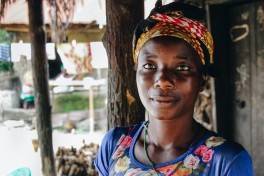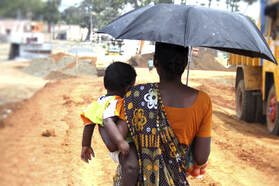Belgian MPs shared their SRHR promises for 2021 in a joint campaign with EPF on social media. They did so on the occassion of World Women’s Day.
Members of the Belgian All-Party Parliamentary Group ‘Parliamentarians for the 2020 Agenda’ individually commit to advance sexual and reproductive health and rights nationally and internationally. Each MP has set personal goals. MPs commit to take up the challenges regarding young people’s access to contraceptives and the morning-after pill; the extension of the abortion law, the fight against forced marriages, incest, gender-based violence at the work place, period poverty and more. For you to discover in the video-slide show or in the visuals below.
Members of the Belgian All-Party Parliamentary Group ‘Parliamentarians for the 2020 Agenda’ individually commit to advance sexual and reproductive health and rights nationally and internationally. Each MP has set personal goals. MPs commit to take up the challenges regarding young people’s access to contraceptives and the morning-after pill; the extension of the abortion law, the fight against forced marriages, incest, gender-based violence at the work place, period poverty and more. For you to discover in the video-slide show or in the visuals below.









 RSS Feed
RSS Feed